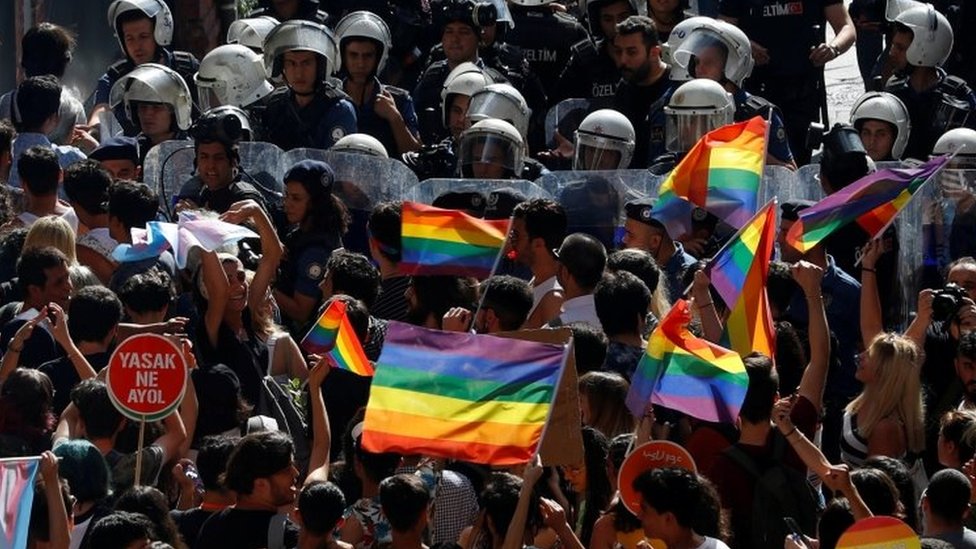From Budapest to Washington, leaders are targeting LGBT communities, and in doing so, they are chipping away at the very foundations of democracy. Ari Shaw from UCLA argues that the two struggles are inseparable.

In a recent article for The World Today, Ari Shaw argues that escalating attacks on LGBT rights worldwide are inseparable from the erosion of democracy itself. This Pride month, he suggests, should be as much about political resistance and coalition-building as celebration.
From Hungary to Russia, Iraq to Ghana, and now the United States, Shaw shows how assaults on sexual and gender minorities often go hand-in-hand with measures that weaken democratic norms such as freedom of assembly, expression, and association. These are not isolated “culture war” flashpoints, they are early warning signs of democratic backsliding.
Shaw highlights that the shift in the United States is particularly significant. Within days of returning to office, President Donald Trump issued executive orders stripping legal recognition from transgender, nonbinary, and intersex people, reinstating military bans, and removing protections in housing, healthcare, and education. These domestic moves, combined with attacks on independent media and judicial authority, undermine democratic norms and send a signal abroad.
Shaw and his colleagues’ research at the Williams Institute finds that scapegoating sexual and gender minorities often precedes democratic decline. Attacks on minority rights provide a pretext for censorship, surveillance, and repression that can be used against political opposition more broadly. Hungary’s Pride ban, for example, allows the use of facial recognition software against participants, a tool that could just as easily target any dissenting group.
See the full article here.

